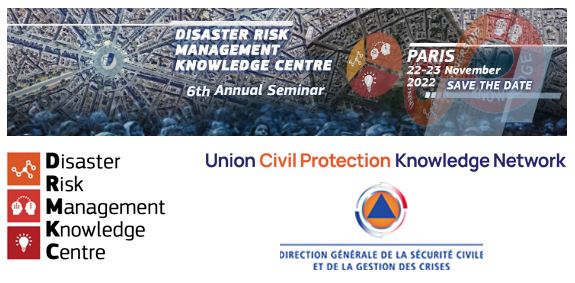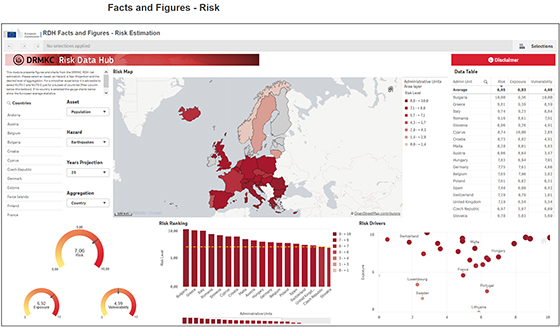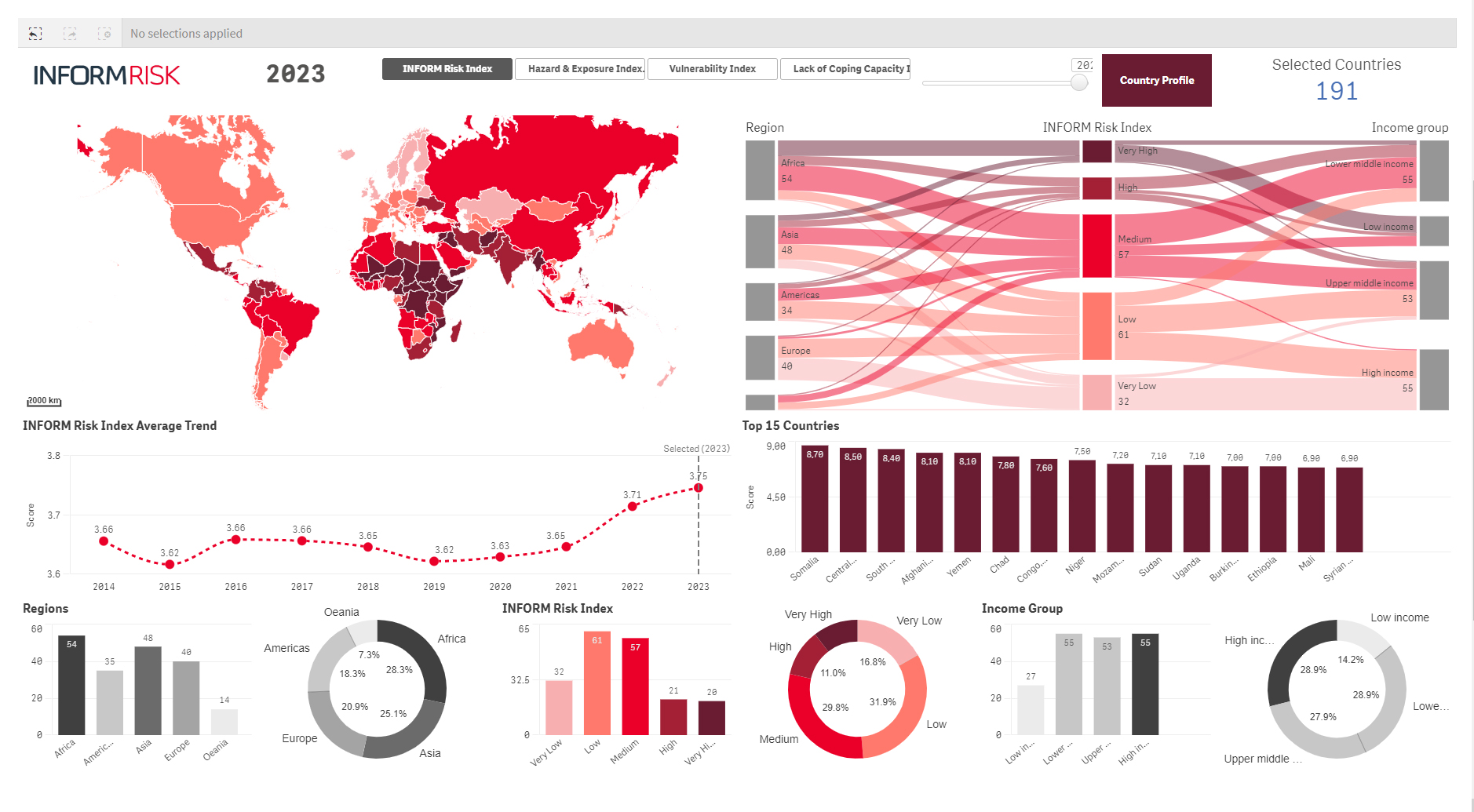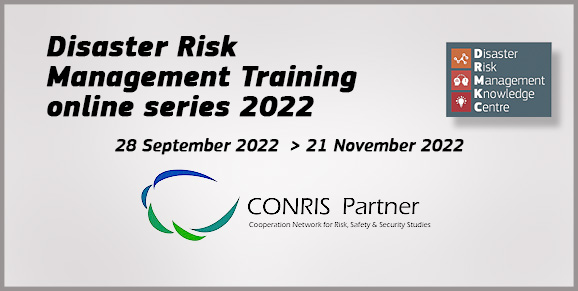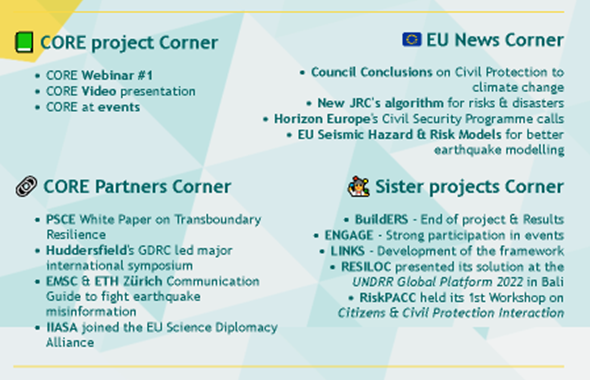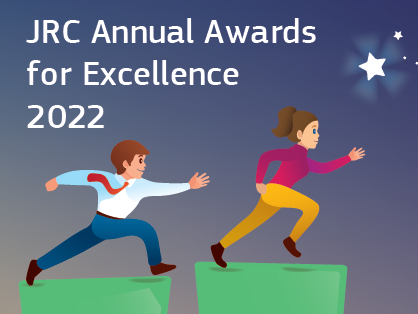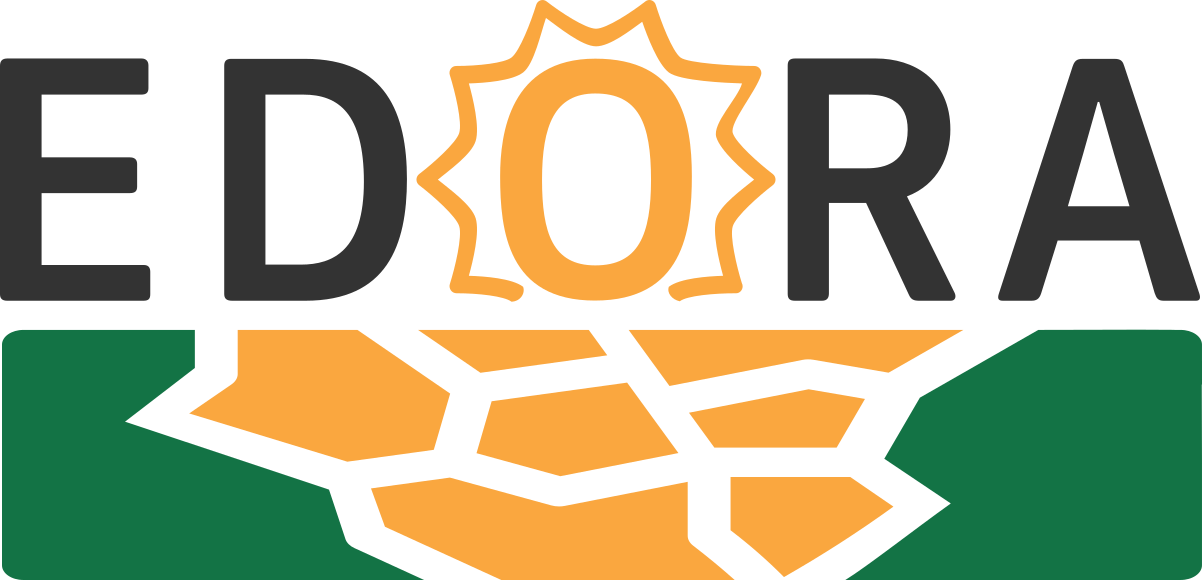This report presents results, analysis and findings from INFORM Climate Change, which provides quantified estimates of the impacts of climate change on the future risk of humanitarian crises and disasters. It addresses a major gap in climate and disaster risk research, which until now has predominantly based such risk forecasts on historical data that do not take into account future projections of climate related impacts and socio-economic development.
This report presents results, analysis and findings from INFORM Climate Change, which provides quantified estimates of the impacts of climate change on the future risk of humanitarian crises and disasters. It addresses a major gap in climate and disaster risk research, which until now has predominantly based such risk forecasts on historical data that do not take into account future projections of climate related impacts and socio-economic development.
INFORM Climate Change uses a new approach for understanding the impact of climate change on crisis and disaster risk. It incorporates climate hazard/exposure and socio-economic projections into the framework of the widely used INFORM Risk Index, which measures the risk of humanitarian crises that could result in a need for international assistance. The result is a projection of how crisis risk will change in the future.
The results are intended to inform policy choices across climate mitigation, climate adaptation, disaster risk reduction, sustainable development and humanitarian assistance.
More details and download here
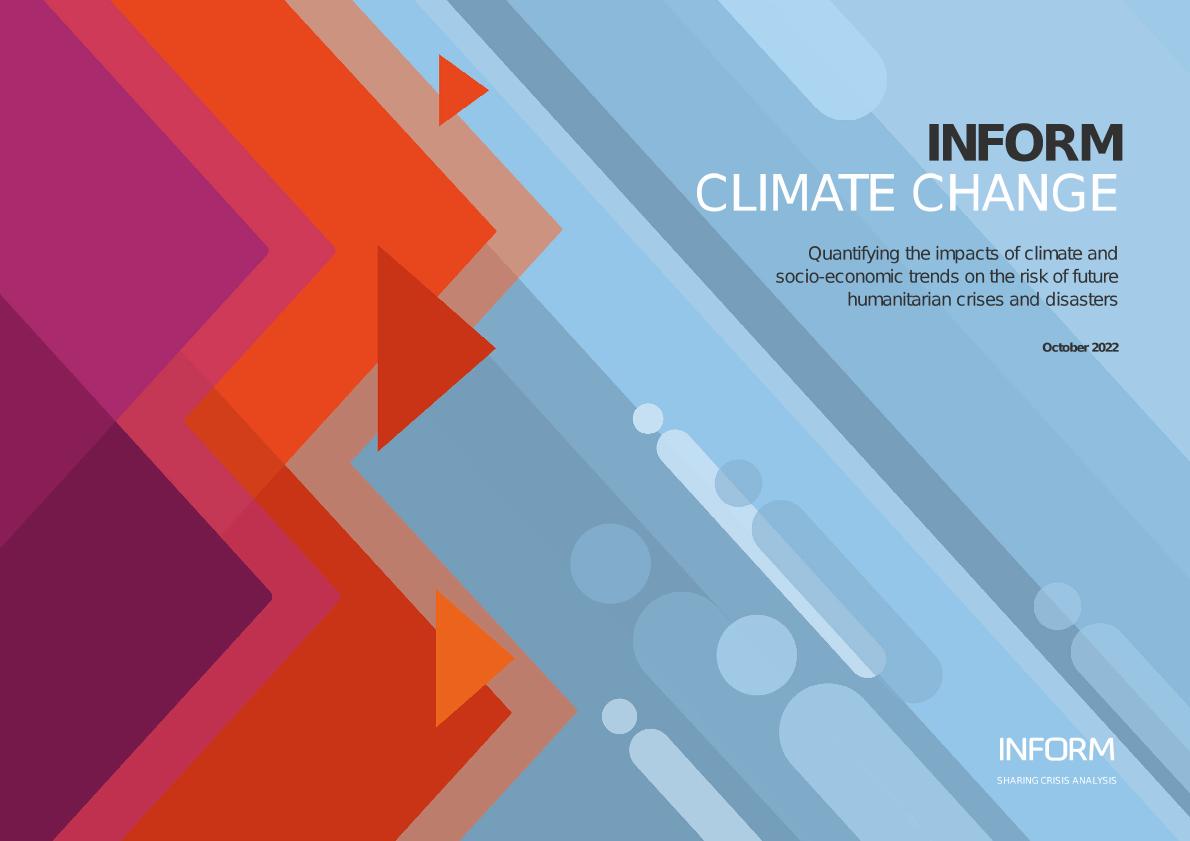

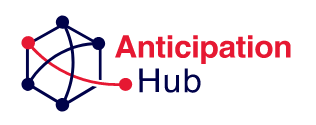

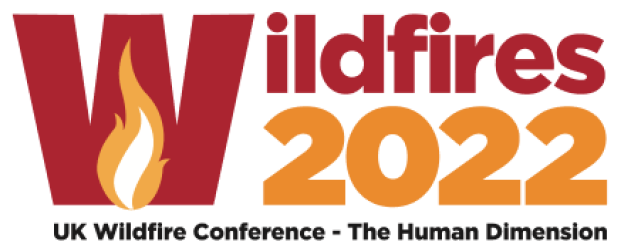
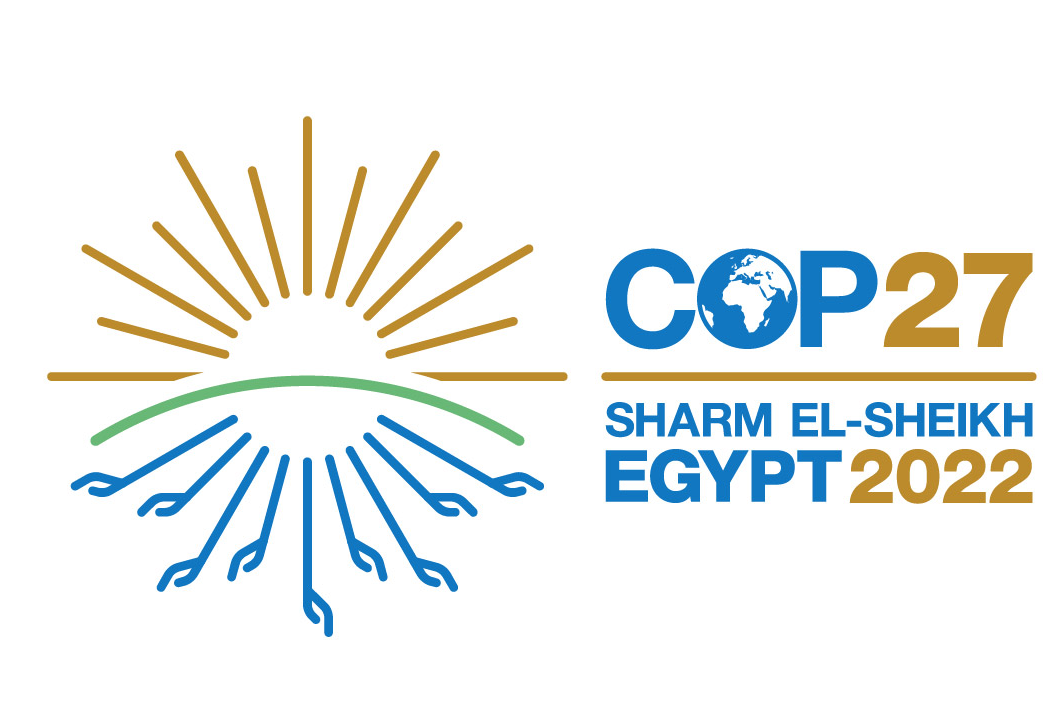

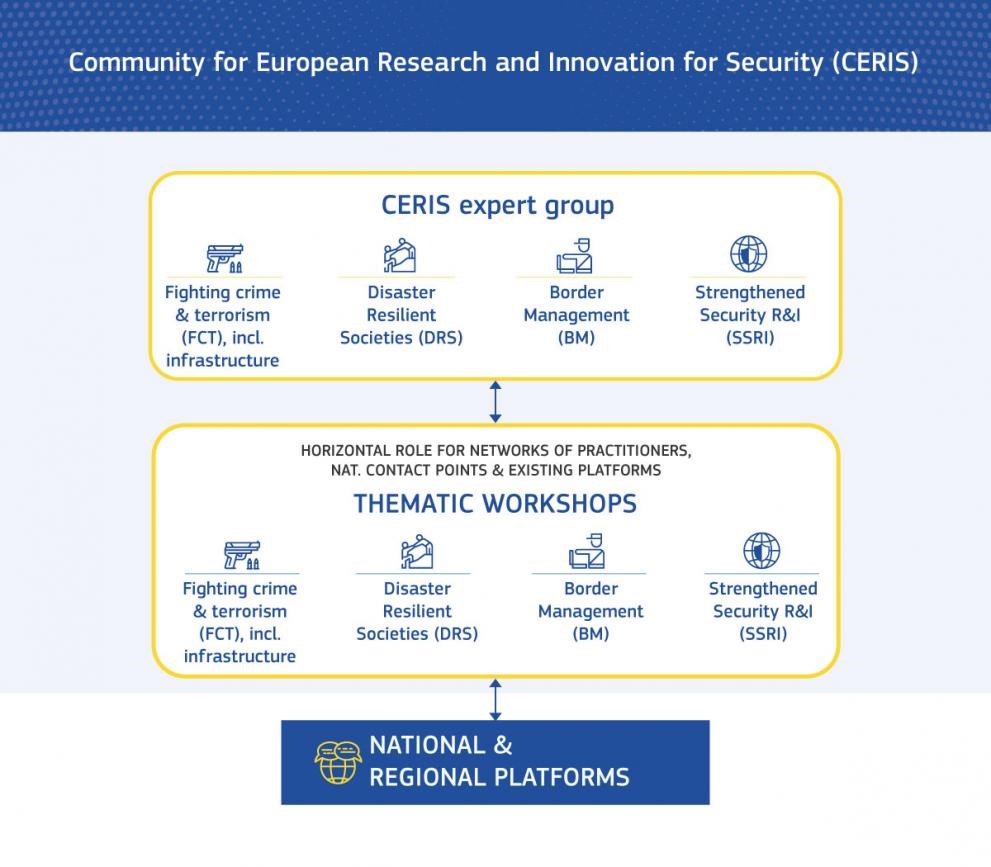
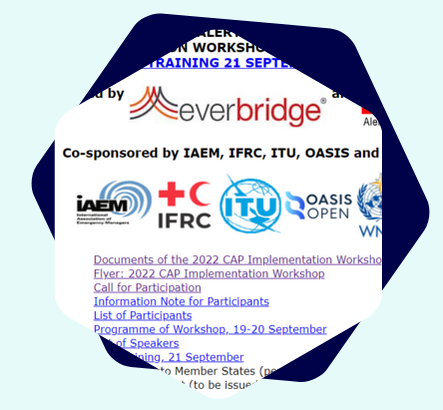
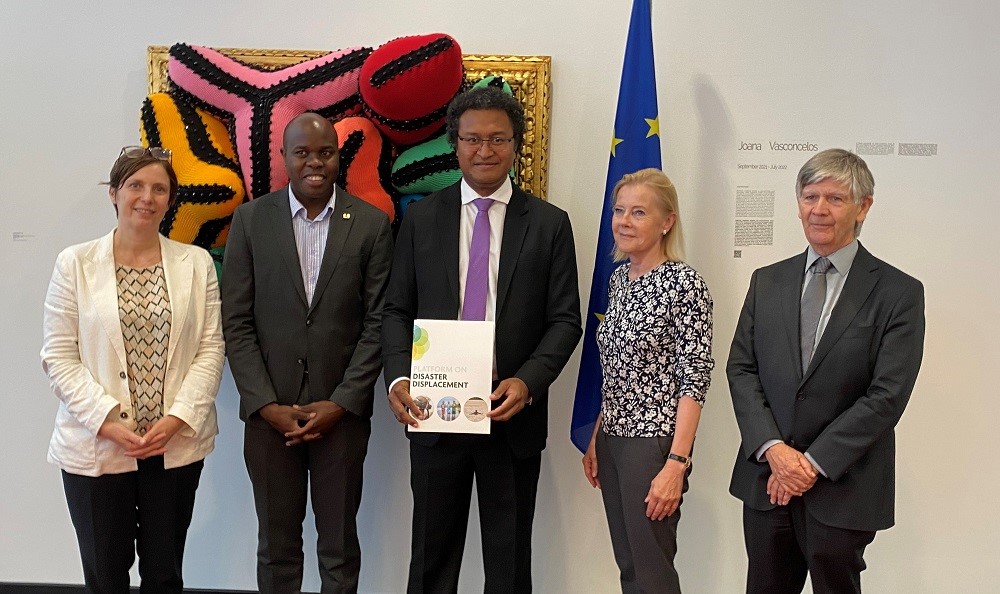
.jpg)
